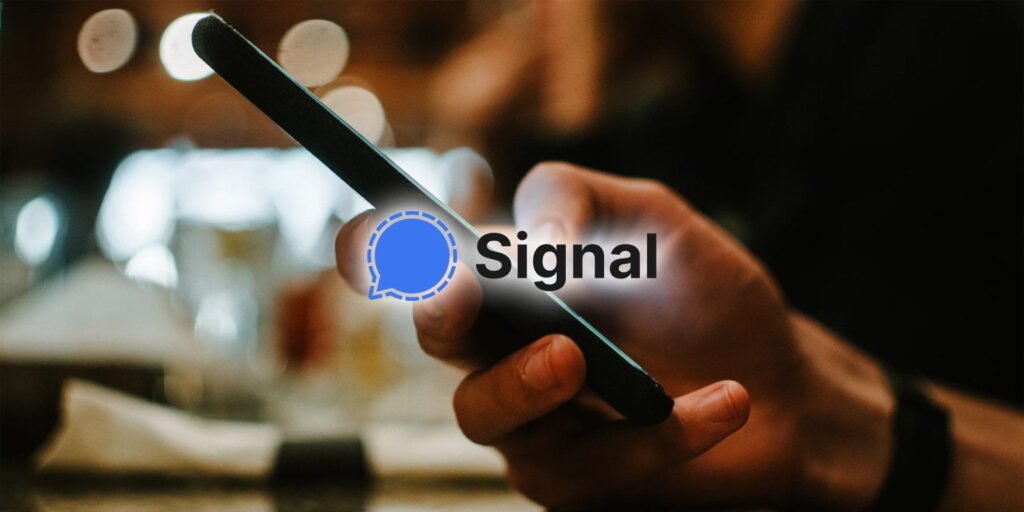The signal app has been downloaded by more than 100,000 people on Android and iOS devices in the last two days. Also, in the first week of 2021, new installations of WhatsApp have fallen by 11 percent.
Signal has emerged as one of the top alternatives to WhatsApp recently, with WhatsApp’s updated privacy policy causing outrage on the Internet. Many people have declared their intention to delete WhatsApp and switch to Signal. If you were wondering what the fuss is all about, here’s a primer on Signal to answer all of your questions. Should you download Signal? Who owns Signal? Is Signal safe? Keep reading for all the answers.

What is Signal?
Signal is an encrypted app that lets you send messages and make calls via the Internet. Signal’s USP is its focus on privacy. It supports group chats and group video calls too. Signal is open source and its code is peer-reviewed, which means that its privacy and security is regularly checked by independent experts.
What is different from Whatsapp
The Signal app allows users to send messages, make audio and video calls, share photos, videos, and links. The app claims that user data is rarely used on its behalf. It also does not send unsecured backups of users to the cloud and it keeps the encrypted database secure in your phone. Also, the security of the app has been given an option to decide on its own. Signal has also brought the option of group video calling in December 2020.

Signal popularity increased by Elon Musk’s tweet
A twit by Tesla company CEO Alan Mast suddenly boosted the Signal app’s popularity. Musk tweeted that he is using the Signal app. Since then, the download speed of the Signal app suddenly increased. He wrote on Twitter that ‘Use signal. Musk’s tweet was also retweeted by Twitter CEO Jack Dorsey.
Is Signal app really safe?
The signal app is one of the most secure messaging apps that you can use right now. Apart from CEOs like Elon Musk, the famous whistleblower Edward Snowden also recommends Signal. Its end-to-end encryption is so trusted that WhatsApp also adopted the same, and it is used for pretty much all of its features, which means that it’s extremely difficult for others to spy on your conversations. You can also enable additional security features such as requiring a second password (other than the OTP) to log in to Signal on new devices, biometric authentication, etc.
WhatsApp’s Data Security
The end to end encryption (E2E) introduced in 2016 on WhatsApp is available on every single mode of communication that the app enables. So all your messages, video calls, voice calls, photos, and anything else you share are end-to-end encrypted. WhatsApp uses the E2E protocol developed by Open Whisper Systems, which is the name behind Signal messenger. That’s a good thing, because the Signal protocol is open source, widely peer-reviewed, and is generally considered one of the best protocols for implementing end-to-end encryption in messaging platforms.

However, WhatsApp does not encrypt backups (cloud or local). Also, it does not encrypt the metadata which is used to carry communication between two endpoints. This is one of the major criticisms of WhatsApp’s security model. While metadata does not allow anyone to read your messages, it lets authorities know whom and when you messaged someone, and for how long.
All in all, WhatsApp does a pretty decent job of ensuring security for its users. That being said, WhatsApp has suffered a couple of major privacy nightmares, especially the recent issue with group chats getting indexed on Google search. That issue has been fixed, however, it was not a good look for the messaging app.
Follow TelecomByte for the latest tech news, also keep up with us on Twitter, and Facebook.
